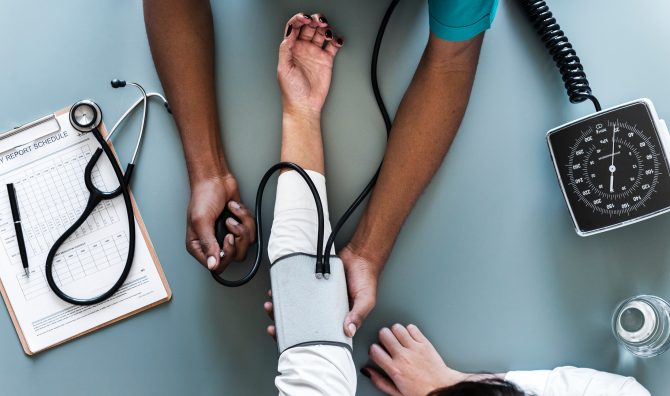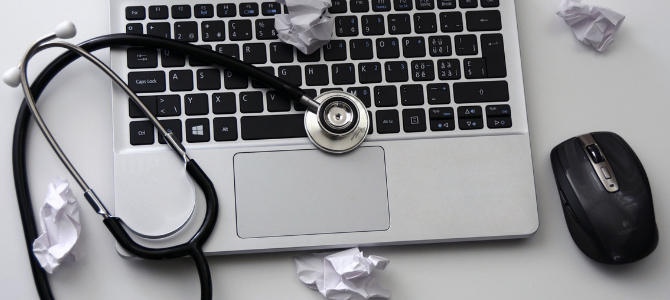Stressed out about medical exams coming up? Our ambassador from Myanmar and RCSI resident Aung Kaung Sett Hein shares his top tips for studying like a pro.
I am currently studying Medicine at RCSI (Royal College of Surgeons Ireland). I’d love to share some of my tips on preparing for and acing your exams. As the saying goes, “study smart, not hard”. Even if you’re studying in the library from dusk to dawn, it doesn’t mean you’ll get the best grades in medical school exams. Yes, hard work is necessary, but there are also other components to consider for being successful in exams.
Always plan and prepare ahead
As soon as you are informed of the exam schedule, start preparing immediately! Trust me, from my own experience, there’s no such thing as being too ‘early’ or ‘not the right time yet’. Start planning your own study schedule with specific daily plans until the exam day and stick to it with consistency. I’d recommend using google calendar or even a little daily planner will definitely work. Avoid procrastination by setting your daily short-term goals, this will keep you away from those last minute, stressed-out, caffeine-gulping moments. Also, be sure to wear something comfortable when studying, it will help to relax you.
Stick to the study technique that suits you!
Different people study differently. You can listen to others’ ideas, but at the end of the day, you have to choose what you think works for you. I still had no idea how to study properly until my second year. I tried out every possible method — printing out lecture slides and annotating them, writing notes on paper, you name it, I have done it! However, in med school, especially during pre-clinical years, we can have more than 5 or 6 lectures every day, so the way you study reflects whether or not you are able to balance your study schedule and personal social life. Mnemonics and acronyms are widely used memorisation techniques when studying lists or large amounts of information. It’s always useful to look at the resources recommended by your lecturers, to supplement the lecture slides taught in class. Try visual images for anatomy, flashcards for pharmacology, and watch ‘pathoma’ vids to ace pathology multiple choice questions!

Study every day!
Like most medical schools, RCSI has an integrated teaching system, where each module has up to 30 or 40 lectures on average which will be assessed in finals. If you study regularly and familiarize yourself with the content and learning outcomes, you won’t need to panic or cram the new four or five lectures you’ve never covered at the last minute. Yes, there may be days where you may not be in the mood for studying, but studying doesn’t always mean burying yourself in books. You could make it fun — drawing out cartoon pictures regarding a concept you’re learning or making your own mnemonics about a disease in your lecture.
Study with friends
It’s always a good idea to join your friends for a discussion or study session, but only after you have given yourself enough time going through the material. This will help you feel less clueless and contribute well to the discussion. Shoot out questions with one another, correct each other’s mistakes and share tips on challenging topics. You won’t even remember to complain while studying with friends, like you do when you yourself have to scroll through 50 or 60 slides of each lectures powerpoint ppresentation. Engaging in this kind of session just once a week will do you the world of good for exams!
Use the Pomodoro technique
At certain times, studying for exams can be overwhelming and stress can get on top of you. To prevent this, always take regular breaks! Use the Pomodoro method – for every 25 minutes of studying, take a five minute break, where you can check your emails or get some fresh air. As important as studying is, doing so for long hours without breaks can be counterproductive and leave you with nothing but burnout by the end when you need to be on top form. So, develop this study routine on a daily basis — you’ll study smarter, retain what you study, and won’t need any Redbulls or have to pull an all-nighter the night before the exam.
What are your top tips for studying? Leave me a comment below.

